Concerns regarding the introduction of a new EU-wide carbon tax on fertilisers have been raised in Brussels by the Irish Farmers Association (IFA) and the European farmer body COPA.
The Carbon Border Adjustment Mechanism (CBAM) will apply additional charges that take account of the embedded carbon emissions in goods such as fertiliser, cement and steel, which are imported into the EU from third countries.
Although the new charges will not apply until 2026, the decision to launch CBAM has been criticised by Irish fertiliser importers and farmer representatives.
Concerns
IFA and COPA raised concerns regarding the new carbon tax at a fertiliser taskforce meeting with senior European Commission officials this week.
IFA president Tim Cullinan said that it was the IFA’s position, and the position of COPA, that if the CBAM does not apply to agricultural products such as meat, cereals and dairy products, it should not have been applied to critical inputs like fertilisers either.
“The price of fertilisers is already higher in Europe.
“When the border adjustment mechanism is applied in 2026, the price of fertilisers could increase further, which would increase the cost of production for farmers,” said Cullinan.
The IFA leader said the CBAM charges and the additional administrative burden associated with the new regulation risked creating a shortage of some fertiliser products in the EU.
“This could make Irish food products, which have one of the lowest carbon footprints in Europe, less competitive against cheaper imported food [which is] not burdened with this additional carbon cost,” he pointed out.
The IFA said it also planned to raise the issue at the Commission’s Fertiliser Market Observatory next month.
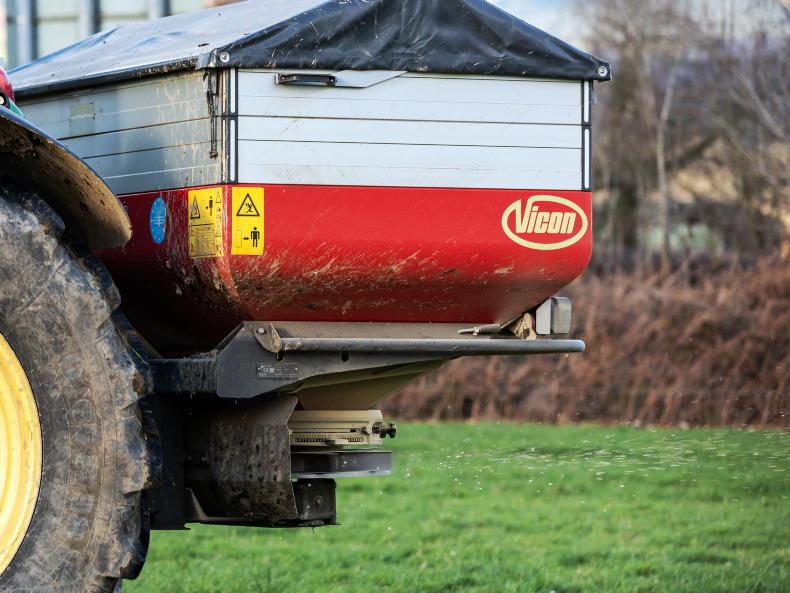
The IFA contends that the imposition of CBAM charges on imports will inevitably inflate the price of fertiliser for farmers.
“With the continued situation of elevated fertiliser prices for EU farmers in comparison to other regions, it makes no sense that a further cost will be added on any fertiliser imported into the EU,” said senior IFA policy executive Karol Kissane.
“After the reimposition of import tariffs on fertiliser earlier this year, this is a further cost increase European farmers cannot afford.”
Fertiliser importers have predicted that CBAM will lock in Europe’s high fertiliser price regime.
They fear that the charges imposed under CBAM will seriously disadvantage cheaper imports into the EU from the Middle East, north Africa and other regions.
Importers contend that the imposition of CBAM charges on imports will inevitably inflate the price of fertiliser to farmers, as all costs will be passed on to the end user.
In general, Europe’s fertiliser manufacturers produce significantly less carbon in making product than is the case in other regions.
CBAM was introduced by the Commission in an effort to make sure EU manufacturers are not disadvantaged when competing with product from regions with lower environmental standards.
Concerns regarding the introduction of a new EU-wide carbon tax on fertilisers have been raised in Brussels by the Irish Farmers Association (IFA) and the European farmer body COPA.
The Carbon Border Adjustment Mechanism (CBAM) will apply additional charges that take account of the embedded carbon emissions in goods such as fertiliser, cement and steel, which are imported into the EU from third countries.
Although the new charges will not apply until 2026, the decision to launch CBAM has been criticised by Irish fertiliser importers and farmer representatives.
Concerns
IFA and COPA raised concerns regarding the new carbon tax at a fertiliser taskforce meeting with senior European Commission officials this week.
IFA president Tim Cullinan said that it was the IFA’s position, and the position of COPA, that if the CBAM does not apply to agricultural products such as meat, cereals and dairy products, it should not have been applied to critical inputs like fertilisers either.
“The price of fertilisers is already higher in Europe.
“When the border adjustment mechanism is applied in 2026, the price of fertilisers could increase further, which would increase the cost of production for farmers,” said Cullinan.
The IFA leader said the CBAM charges and the additional administrative burden associated with the new regulation risked creating a shortage of some fertiliser products in the EU.
“This could make Irish food products, which have one of the lowest carbon footprints in Europe, less competitive against cheaper imported food [which is] not burdened with this additional carbon cost,” he pointed out.
The IFA said it also planned to raise the issue at the Commission’s Fertiliser Market Observatory next month.

The IFA contends that the imposition of CBAM charges on imports will inevitably inflate the price of fertiliser for farmers.
“With the continued situation of elevated fertiliser prices for EU farmers in comparison to other regions, it makes no sense that a further cost will be added on any fertiliser imported into the EU,” said senior IFA policy executive Karol Kissane.
“After the reimposition of import tariffs on fertiliser earlier this year, this is a further cost increase European farmers cannot afford.”
Fertiliser importers have predicted that CBAM will lock in Europe’s high fertiliser price regime.
They fear that the charges imposed under CBAM will seriously disadvantage cheaper imports into the EU from the Middle East, north Africa and other regions.
Importers contend that the imposition of CBAM charges on imports will inevitably inflate the price of fertiliser to farmers, as all costs will be passed on to the end user.
In general, Europe’s fertiliser manufacturers produce significantly less carbon in making product than is the case in other regions.
CBAM was introduced by the Commission in an effort to make sure EU manufacturers are not disadvantaged when competing with product from regions with lower environmental standards.





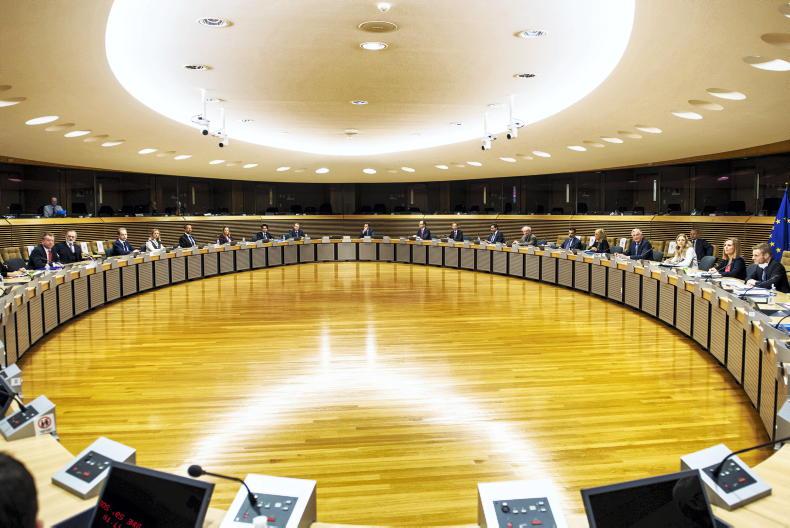
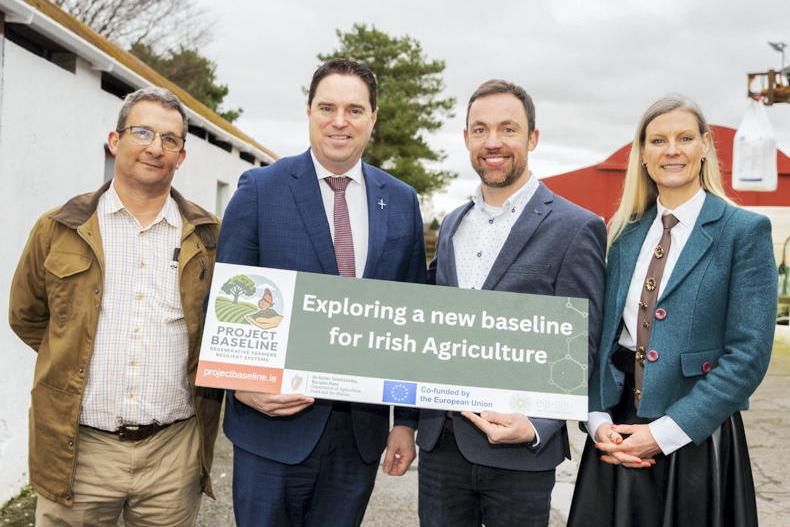
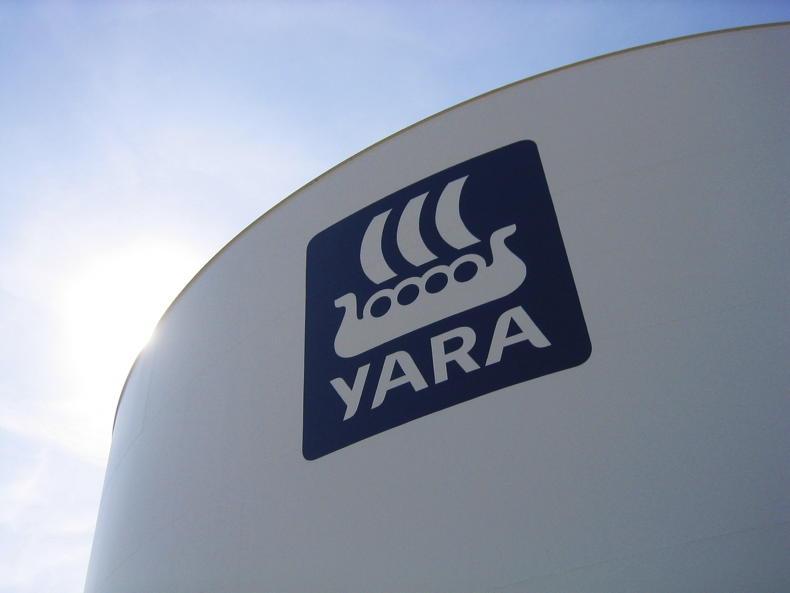
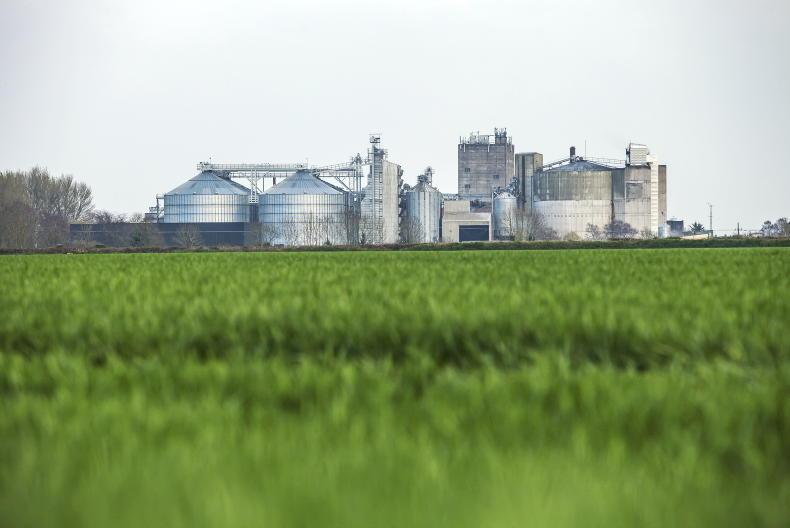

SHARING OPTIONS